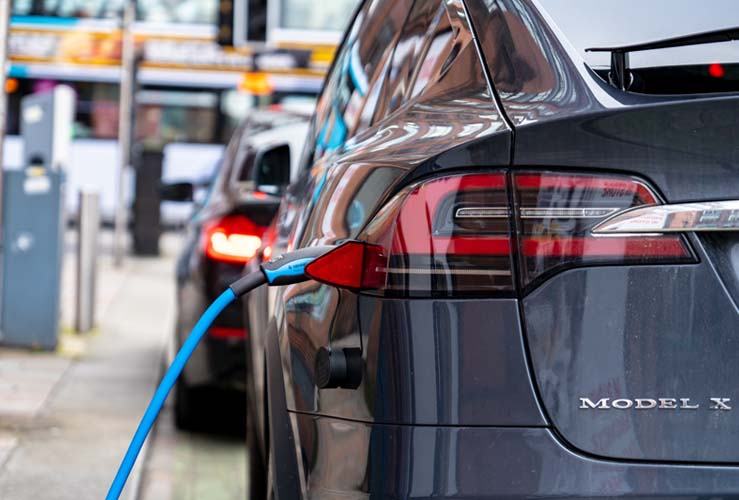 Credit:mino21 - stock.adobe.com
Credit:mino21 - stock.adobe.com
The Department for Transport (DfT) has launched a consultation on making the use of EV charge points as quick and easy for EV drivers as possible.
The consultation unveiled a raft of measures designed to transform the chargepoint experience, as more and more EVs are set to appear on UK roads in the coming years.
‘The consumer experience at public electric vehicle charge points’ - as the consultation is called, emphasises the importance of quick repairs to faulty charge points, and a 24/7 helpline for motorists.
It also wants customers to be able to pay for charge-ups with contactless payment, and without needing to download a special app.
The Government also wants it to be easy for drivers to view and understand pricing, location and power output data.
In the same way fuel is priced per litre and clearly displayed, the consultation states, “Standardisation to a pence-per-kilowatt hour (kWh) basis will enable a simpler pricing framework for all users.”
This standardisation will, says the government, ensure costs are fair; encourage competition; and generally improve confidence in EVs.
It will also make it easy for homeowners to see how much they are paying for electricity at the charge point compared to at home.
“These proposals will ensure that it’s as easy – or even easier – for drivers to charge their car as it is to refuel a petrol or diesel vehicle,” said the Department for Transport (DfT).
The consultation also wants evidence on the following three areas of policy: disabled customer accessibility; weatherproofing and lighting; and signage.
Daniel Brown, head of transport at the Association for Renewable Energy and Clean Technology (REA), welcomed the Government setting "baseline expectations" and "guardrails" but warned that it should not interfere too much: “The EV charging sector, however, is a complex blend of telecoms, electricity provision, payments, real estate, and hardware and we would caution against interventions that would stymie innovation that will benefit consumers and be the backbone of emerging British brands.”





